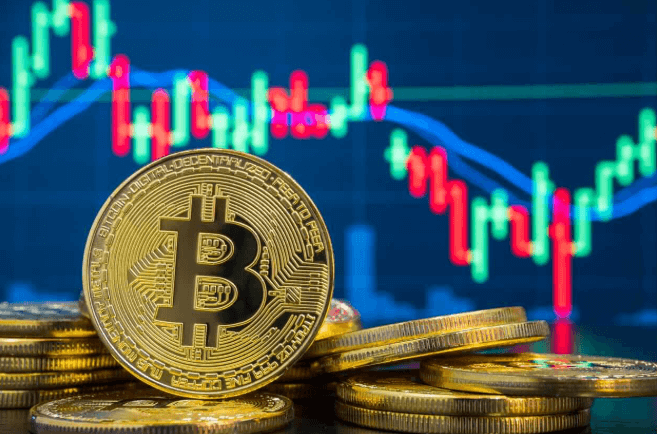In a groundbreaking development for the cryptocurrency industry, the U.S. Securities and Exchange Commission (SEC) has officially dropped its lawsuit against Ripple Labs, marking a major victory for the blockchain company and the broader crypto market. The legal battle, which began in December 2020, revolved around whether Ripple’s XRP token constituted an unregistered security.

Background of the Case
The SEC originally sued Ripple Labs and its executives, alleging that the company raised over $1.3 billion through an unregistered securities offering by selling XRP tokens. The case sent shockwaves throughout the crypto industry, raising concerns over regulatory clarity for digital assets and the classification of cryptocurrencies as securities.
Ripple, however, maintained that XRP was not a security and argued that its sales were similar to transactions involving Bitcoin and Ethereum, which the SEC had not classified as securities. Ripple also accused the SEC of regulatory overreach and inconsistency in its treatment of digital assets.
SEC’s Decision to Drop the Case
The decision to drop the case comes after a series of legal setbacks for the SEC. In July 2023, a federal judge ruled that XRP was not a security when sold to the general public, a ruling that significantly weakened the SEC’s stance. The case further unraveled as multiple court rulings favored Ripple, leading legal experts to speculate that the SEC might reconsider its position rather than risk an unfavorable precedent.
In a formal statement, the SEC cited “changing regulatory perspectives and a shifting legal landscape” as reasons for withdrawing the lawsuit. However, many believe that mounting pressure from the crypto industry, policymakers, and legal analysts played a key role in the agency’s decision.
Impact on Ripple and the Crypto Market
Ripple’s victory in this lawsuit has had immediate repercussions. Following the announcement, XRP surged by over 25%, reaching its highest price in over two years. The news also fueled optimism across the broader cryptocurrency market, with Bitcoin, Ethereum, and other major altcoins experiencing gains.
Legal experts believe that this decision sets an important precedent for the crypto industry, reinforcing the argument that many digital assets should not be classified as securities. Ripple CEO Brad Garlinghouse called the ruling a “monumental step forward” for crypto adoption and regulatory clarity in the U.S.
Regulatory Implications
With the SEC dropping its lawsuit, attention now turns to potential regulatory reforms. Industry advocates are urging lawmakers to establish clearer guidelines for cryptocurrencies to prevent future legal battles and foster innovation in blockchain technology. Some policymakers have proposed bipartisan legislation that would define the legal framework for digital assets, differentiating between securities and commodities.
Meanwhile, the SEC faces scrutiny over its approach to crypto regulation, with critics arguing that the agency’s aggressive stance has stifled industry growth. Many expect further legal battles over cryptocurrency classifications, but Ripple’s victory could serve as a blueprint for other projects facing similar regulatory challenges.
What’s Next for Ripple?
With the lawsuit behind them, Ripple is now focused on expanding its blockchain-based payment solutions globally. The company continues to develop its On-Demand Liquidity (ODL) service, which utilizes XRP to facilitate cross-border transactions efficiently. Additionally, Ripple is exploring new partnerships with financial institutions and governments looking to integrate blockchain technology into their payment systems.
Conclusion
The SEC dropping its lawsuit against Ripple represents a turning point for the cryptocurrency industry, signaling a potential shift in regulatory approaches toward digital assets. While the debate over crypto regulations is far from over, Ripple’s victory reinforces the growing recognition of cryptocurrencies as legitimate financial instruments. Investors, blockchain developers, and policymakers will now be closely watching the next steps for both Ripple and the broader crypto market in this new regulatory landscape.
Disclaimer: This article is for informational purposes only and is not investment advice. Investors should research carefully before making any decisions. We are not responsible for your investment decisions.
















